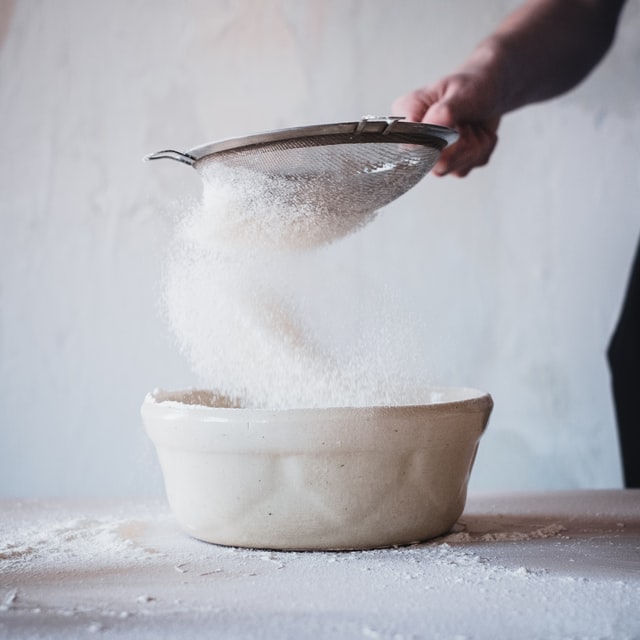Empty shelves in shops are not the result of an actual lack of goods, writes Rzeczpospolita. Panic and small businesses, which prefer to stock up in supermarkets, are responsible for them.
According to Rzeczpospolita, both in Poland and throughout Europe, there is no shortage of sugar. Despite this, the goods are disappearing from the shelves at an alarming rate, because it worked, among others a panic effect. Customers have gone shopping en masse and are buying in stock, because they are afraid that there will be insufficient sugar or that it will become more expensive.
Small businesses part of the problem
On the other hand, large retail chains, from which goods disappear the fastest, complain that small stores are responsible for a large part of the disappearing sugar, which, due to low prices, prefer to buy their products in supermarkets, not wholesalers.
Huge inventory
Europe has huge stocks of sugar, and there is no indication that they will run out any time soon. According to the daily, 1.9 million tons of sugar are in European warehouses. In turn, Polish production, thanks to the exceptionally successful harvest of sugar beet, increased by 340 thousand tonnes last season. tone.
“Exports increased by only 10 thousand tonnes from September 2021 to May 2022, so sugar in Poland is and should be in the coming months, ”says Mariusz Dziwulski, an agricultural sector analyst at PKO BP, to Rzeczpospolita.
High prices
You do not have to worry about the availability of the product, but the rising prices of sugar can be seen with the naked eye. During the year, the price of sugar increased by over 39%, which is much more than the general inflation rate. In the fall, prices may be even higher.
Panic effect
Due to the sudden and violent interest in purchasing sugar, some retail chains introduced product rationing. In Lidl, Netto, Biedronka or Aldi stores, you can only buy 5-10 kg of sugar per receipt.
As representatives of discounters explain to Rzeczpospolita, rationing is a way to protect against small shops. Their owners often buy their supplies in large stores, because if they contracted sugar earlier, at lower prices, now they sell it cheaper than wholesalers.
Source: Wprost

























